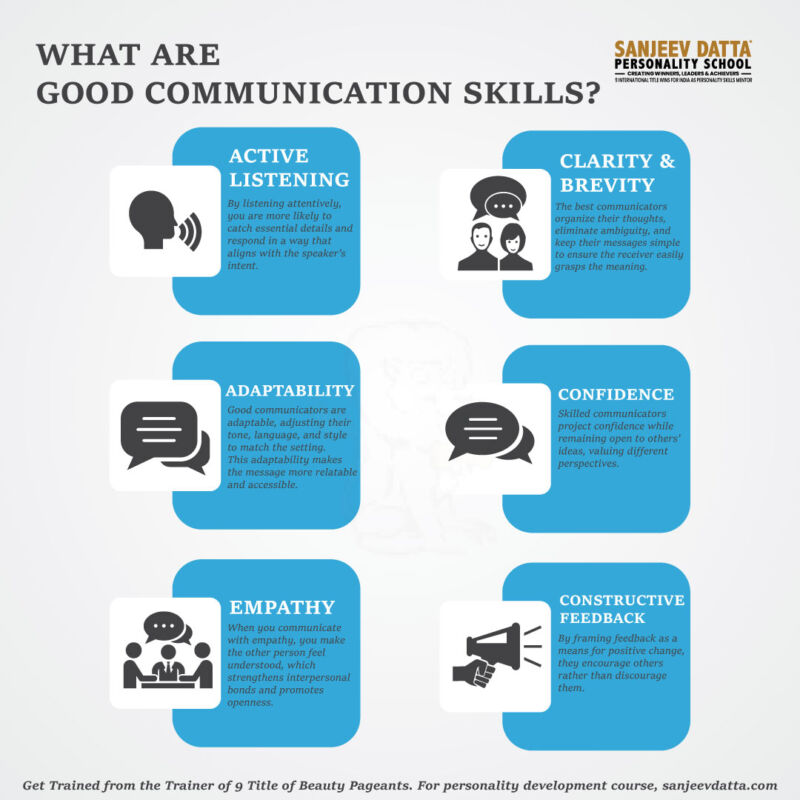Job interviews are more than just an opportunity to land a position—they’re also a critical chance to assess whether a company is the right fit for your career goals and values. While many candidates focus on impressing the employer, it’s equally important to keep an eye out for warning signs that may indicate a potential mismatch. These warning signs, often referred to as red flags for a job interview, can reveal issues like poor company culture, lack of growth opportunities, or unrealistic expectations.
Recognizing these red flags early can save you from making a career move that could lead to dissatisfaction or burnout. In this guide, we’ll delve into the most common red flags for a job interview, helping you make informed and empowered decisions in your job search.
1. Lack of Clarity About the Role and Responsibilities
When an interviewer is unable or unwilling to provide clear details about the role you’re applying for, it’s a major red flag. Job descriptions should be transparent, outlining the responsibilities, expectations, and key performance indicators.
What to Watch For:
- Vague or overly generic responses about what the job entails.
- Shifting or inconsistent explanations about the role during the interview process.
Why It’s Concerning:
- Ambiguity may indicate a poorly defined role, which can lead to confusion, mismatched expectations, or even job dissatisfaction down the line.
Tip:
- Ask specific questions like, “Can you describe a typical day in this role?” or “What metrics will be used to measure success in this position?”
2. High Employee Turnover
Frequent employee exits can be indicative of underlying issues within the company, such as a toxic work culture, poor management, or lack of growth opportunities.
How to Identify It:
- Directly ask about employee retention: “How long do most employees stay with the company?”
- Research company reviews on platforms like Glassdoor or LinkedIn to gauge turnover trends.
What It Might Mean:
- High turnover often points to dissatisfaction among employees, possibly due to burnout, lack of recognition, or unrealistic demands.
Red Flag Example:
- If the interviewer mentions that the role you’re applying for has been filled multiple times in the past year, proceed with caution.

3. Negative or Unprofessional Behavior from Interviewers
The interview experience is a reflection of the company’s professionalism and culture. Rude, dismissive, or unprepared interviewers can signal deeper problems within the organization.
Key Indicators:
- Interviewers arriving late without apology or explanation.
- Interrupting or showing a lack of interest in your responses.
- Making inappropriate comments or showing unprofessional demeanor.
Why It Matters:
- The behavior of interviewers often mirrors the broader workplace culture. A lack of respect in the interview process might indicate a toxic or unsupportive environment.
Visit: how to turn failures into stepping stones
4. Unrealistic Job Expectations
Some companies may expect employees to take on excessive workloads or roles beyond their initial job description.
Red Flags to Note:
- The interviewer emphasizing that employees are expected to work long hours or “go above and beyond” consistently.
- Lack of clear boundaries between professional and personal life.
Impact on You:
- Unrealistic expectations can lead to burnout and negatively affect your mental health.
What to Do:
- If the interviewer hints at excessive demands, ask follow-up questions about work-life balance and how the company supports employee well-being.

5. Inadequate Compensation and Benefits
While money isn’t everything, fair compensation is a critical factor in evaluating any job opportunity.
Warning Signs:
- Evasion when discussing salary, benefits, or perks.
- Offering significantly below market standards without justification.
- Vague or non-existent policies on raises, bonuses, or promotions.
Why It’s a Problem:
- Companies that undervalue their employees often fail to recognize and reward hard work, leading to dissatisfaction and financial instability.
How to Address It:
- Research industry standards to ensure the offer is competitive.
- Ask, “Are there regular performance reviews tied to salary adjustments?” Achieve the confidence to lead, inspire, and leave a lasting impression wherever you go by learning personality development skills.

6. Poor Communication During the Interview Process
The way a company communicates during the hiring process speaks volumes about its internal operations.
What to Look Out For:
- Delayed responses to your inquiries or lack of follow-up after interviews.
- Mixed messages or unclear instructions about next steps.
- Lack of transparency about the hiring timeline.
Why It’s a Red Flag:
- Disorganized or inconsistent communication can indicate deeper operational inefficiencies within the company.
7. Overemphasis on Company Growth Without Employee Development
A company’s growth is undoubtedly important, but when the focus is solely on profits or expansion at the expense of employee well-being, it’s a concern.
Potential Indicators:
- Interviewers constantly discussing revenue goals without mentioning employee training or career advancement opportunities.
- No mention of mentorship, leadership development, or learning programs.
Impact on Employees:
- Companies that prioritize growth over people often experience high employee dissatisfaction and stagnation in employee careers.
Visit: how to be a team player
8. Lack of Diversity and Inclusion
A company’s commitment to diversity, equity, and inclusion (DEI) is essential in fostering an inclusive and supportive work environment.
Red Flags to Note:
- Homogeneous leadership teams or staff, with no apparent diversity.
- Lack of policies or initiatives promoting DEI.
- Insensitive remarks or attitudes during the interview process.
Why It Matters:
- A lack of diversity can indicate a company’s failure to embrace differing perspectives and experiences, which can negatively impact innovation and collaboration.
How to Evaluate It:
- Research the company’s website and social media for evidence of DEI initiatives, and ask interviewers about the organization’s approach to inclusion.

9. Vague Answers About Company Culture
A company’s culture is integral to your day-to-day experience at work. If interviewers can’t articulate the culture or give generic responses, it’s worth scrutinizing further.
Key Questions to Ask:
- “Can you describe the team dynamics and work environment?”
- “What do employees appreciate most about working here?”
What Vague Answers Might Indicate:
- A lack of defined culture often correlates with poor leadership or inconsistent workplace values. Discover the secrets to a charismatic personality—sign up and start transforming your life today with a competent personality development course now!

10. Overly Secretive or Defensive Responses
When a company seems overly secretive about policies, past challenges, or other relevant topics, it’s a reason for concern.
Examples of Defensive Behavior:
- Avoiding questions about company history or previous employee complaints.
- Downplaying significant concerns raised in reviews or feedback.
Impact on You:
- A lack of transparency can mean hidden problems, such as financial instability, poor management, or unresolved internal conflicts.
11. No Clear Path for Advancement
If the company doesn’t offer a clear trajectory for professional growth, it might not be the right fit for someone seeking long-term opportunities.
Warning Signs:
- Interviewers downplaying the importance of promotions or skill development.
- No clear process for performance reviews or career progression.
Why It’s Crucial:
Without opportunities for growth, you may find yourself stagnating in your career.
Visit: strategies to overcome career plateaus
Navigating the job market can be challenging, but identifying red flags for a job interview ensures you make career choices that align with your personal and professional values. From vague job descriptions to unprofessional interviewer behavior, these warning signs can signal whether a company truly values its employees or is likely to fall short of your expectations.
As you prepare for your next interview, remember to trust your instincts and ask thoughtful questions to evaluate the role and organization thoroughly. By staying alert to red flags for a job interview, you empower yourself to make decisions that lead to fulfilling and successful career experiences. Prioritize opportunities where you feel respected, supported, and valued, and you’ll pave the way for long-term growth and satisfaction.


